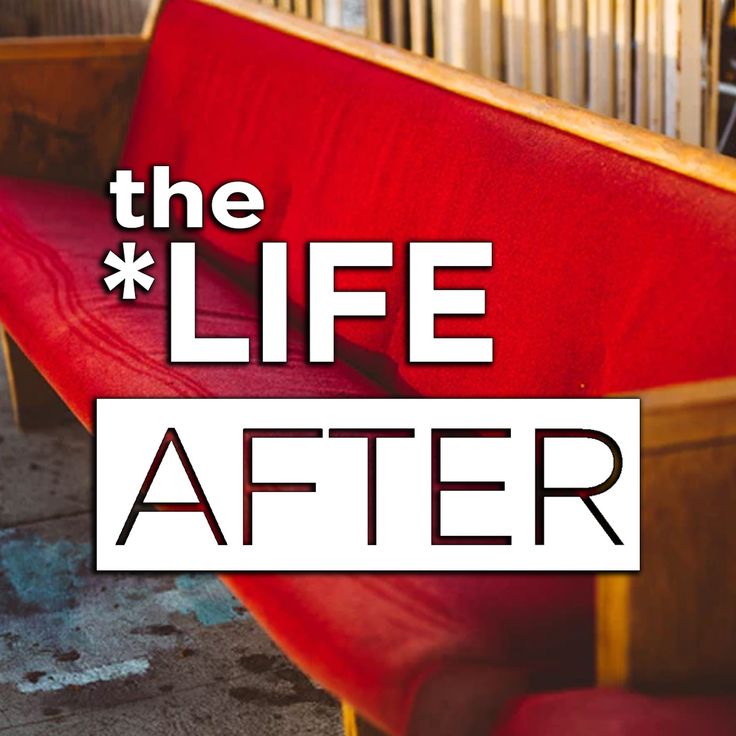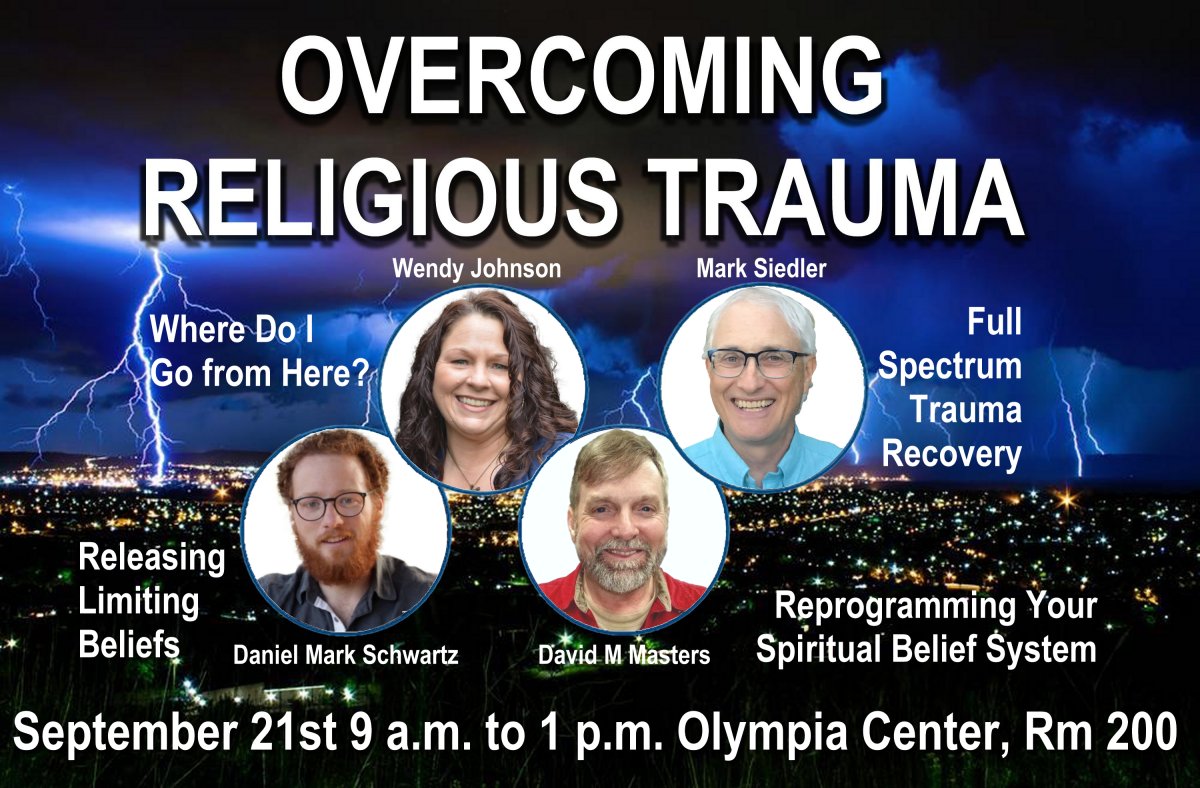
No matter where you find yourself on your journey in and out of faith, we hope you find support! Here are some resources to help you out. It can take years for people to realize what was said to them by others about God or religion is false. There's a saying that goes like this: " if you repeat a lie often enough it becomes the truth." In a similar vein, being repeatedly told throughout your life that you will spend an eternity in hell because of who you love can easily become an anxious belief.

For those recovering from trauma as a result of religion, it is important to understand that our beliefs are just thoughts that we assign power and authority. There is a difference between what we believe and what is true.

Healing: Seeing the Difference Between Belief and Truth There are ways to unlearn these toxic tendencies, but it takes time, patience, and self-compassion. The psychological effects of being LGBTQ+ and growing up in a religious household can lead to a lifetime of harmful brainwashing and confusion for many people. The article provides some tools for unlearning religious trauma including seeing the difference between belief and truth and dismantling rigid beliefs.

This can lead to low self-worth and intense feelings of shame. An example of religious trauma could be described as the result of being taught in your faith that you’re in danger of eternal damnation due to human sexuality, gender identity, or sexual orientation.
RELIGIOUS TRAUMA HOW TO
Once again thank you for empowering me on my journey of healing.The article is about how to begin the process of unlearning religious trauma. Certainly there are obstacles, like my fear of not being able to afford it, or of not being good enough as a dancer, but I shall try and overcome these, even though it may take some steps backward and then forward.
RELIGIOUS TRAUMA FREE
Armed with the knowledge that this is a step in the right direction, I am more motivated to try and free myself from my procastination state, to be able to just go ahead, and google for classes close to me. I really enjoy it, and if I can get to the space where I feel safe enough to do it again, I believe it will be a breakthrough for me. Coming from a background where this kind of dancing is seen as sexual and therefore sinful, I fear taking it up again, especially considering that I distanced myself from it a few years ago, when I felt rejected in my Christian community, because of my involvement in it. The discussion with regards to movement, has helped me to make up my mind to start practising belly dancing again.

Thank you so much for this! Just to know that there are people who understand helps. Here’s the working definition for Religious Trauma:
RELIGIOUS TRAUMA PROFESSIONAL
That breaking away from their community often gave rise to issues around control, self-esteem and guilt, attachment-detachment, and identity.īrain-who has gone through this deconversion process himself-is the perfect person to ask more in-depth questions.įurthermore, he trained to become a trauma-informed professional and focuses on helping people who go through their own process of deconversion. I have also worked with several people who had left or were in the process of leaving their religious community. Over the years, I have worked with various clients-mostly from the UK and Ireland-who were educated in strict Christian boarding schools and were affected by the abuse they had gone through. Brian works with people who deal with religious trauma and/or trauma endured in a religious context.


 0 kommentar(er)
0 kommentar(er)
